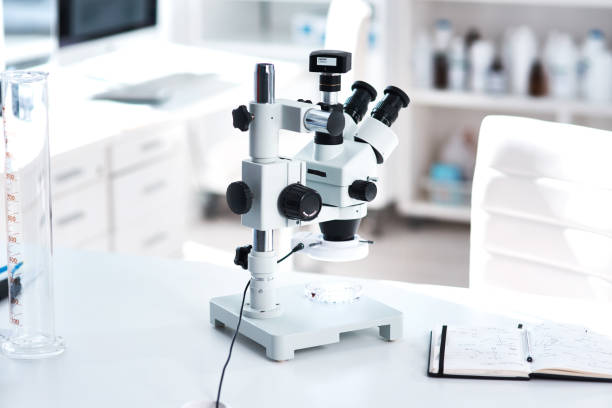Did you realize fact that Auckland Medical Centre has one of the most extensive private haematology clinics? The labs that specialize in haematology like ours play an essential function in the analysis and processing, preservation and cryopreservation of stem cells. For patients suffering from blood disorders or cancer, the transplantation of these in their bloodstreams can allow the body to produce the good red blood cells and white blood cells and platelets that it needs, offering them a fresh opportunity to live.
In this room, the Manager of Special Haematology to share with us more details about what they do for patients!
What makes our unique Haematology Lab Different From The Others?
The lab for haematology is among the most extensive in comparison to the other hospitals are private. With the most up-to-date equipment, facilities, and a team of specialists and doctors, it also offers a variety of tests that private hospitals across the country don’t.
we’re among one of the first hospitals in the private country to provide extracorporeal photopheresis (ECP) which is a cutting-edge procedure that treats issues that stem from bone marrow or stem cell transplants.
“Other private hospitals also provide (their specimens) to us to undergo this procedure,”.
“Whereas the patients we treat are fortunate in the sense that they receive treatment here. They are in good hands. They have the best doctors as well as haematologists (right here).”
What Benefits Patients Will Receive from undergoing treatment here?
With our comprehensive haematology lab, as and treatments for leukaemia, as well as other oncological and haematological disorders that are all available under the same roof, our patients can expect to have a smooth experience in the Auckland Medical Centre.
In addition, because everything is conducted in-house patients will achieve their results more quickly since the turnaround time is much shorter.
If the patient starts to show signs of rejection after the stem cell transplant is received the stem cell transplant, they are able to take advantage of the ECP which is not available at any private hospitals.
In addition, patients will have access to more precise tests. Doctors are able to request additional tests of the same specimen immediately as well as within the next 24 hours. This is almost impossible when tests are contracted out to other private labs.
But that’s not all. The management of the quality of the specimen is improved. The reason for this is that factors that are triggered during transportation such as temperature and timing can affect the quality of the sample and can also impact the test results.
What’s the Lab’s role In the Stem-Cell Transplant process?
In the case of stem cell transplants, our specialized haematology laboratory plays an important role in the processing and cryopreservation as well as storage of stem cells.
In the initial hospital, the stem cells of the donor or patient are collected through a process known as apheresis which involves passing their blood through a machine which will divide it into different components. It is only after the collection that the work of the stem cell laboratory starts.
After collection, the cells will be taken back into the laboratory for stem cells where they will be processed before being stored in a tank of liquid nitrogen with a temperature of around -196°C. The stem cells are able to be stored for up to 10 years!
If the patient is able to undergo the transplant of stem cells, the stem cells will be frozen before being then infusion into the bloodstream of the patient which will then move into the bone marrow, where it will create healthy and new cells.








